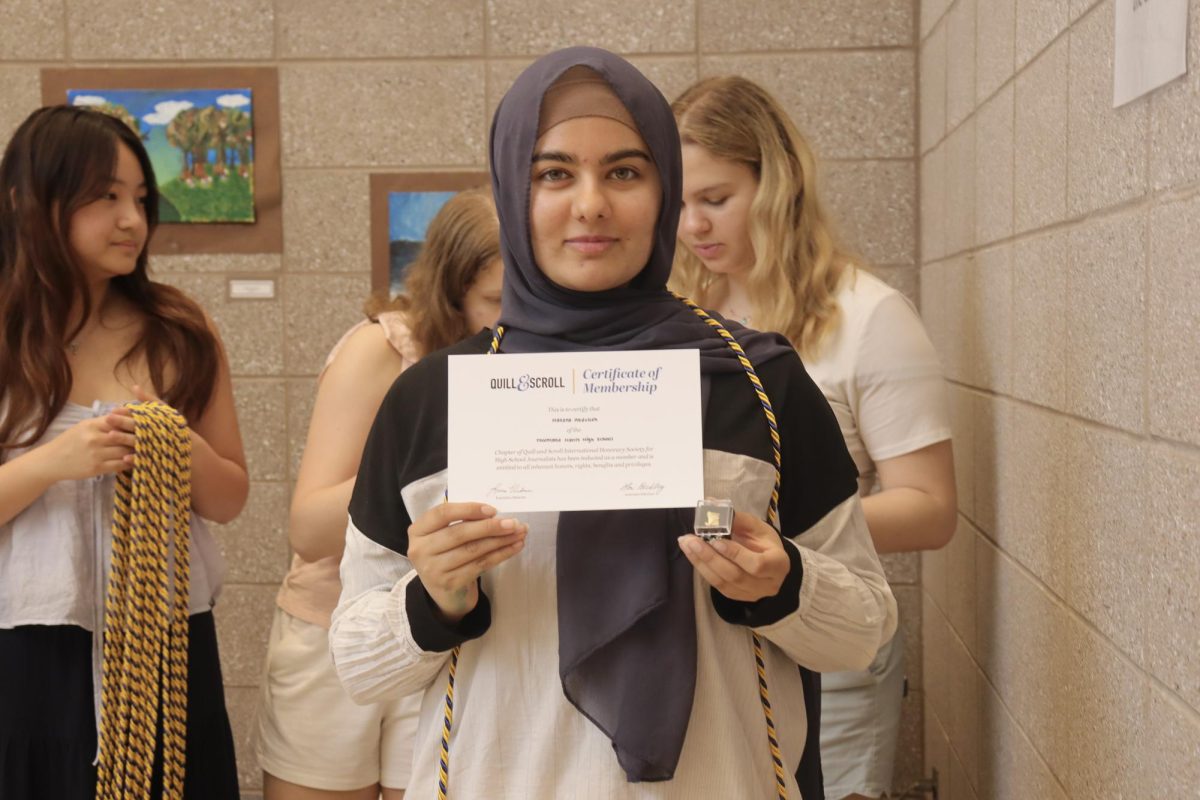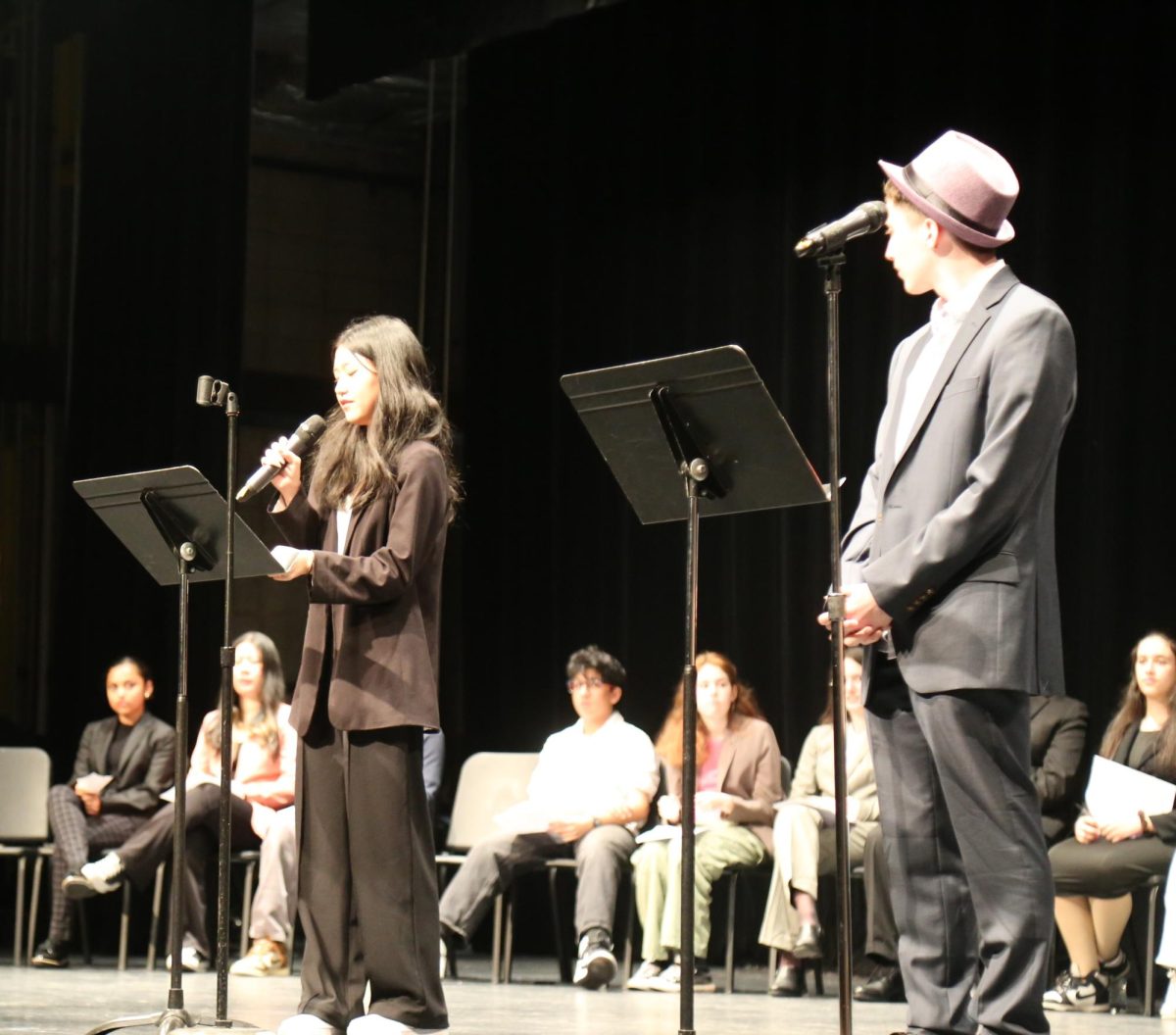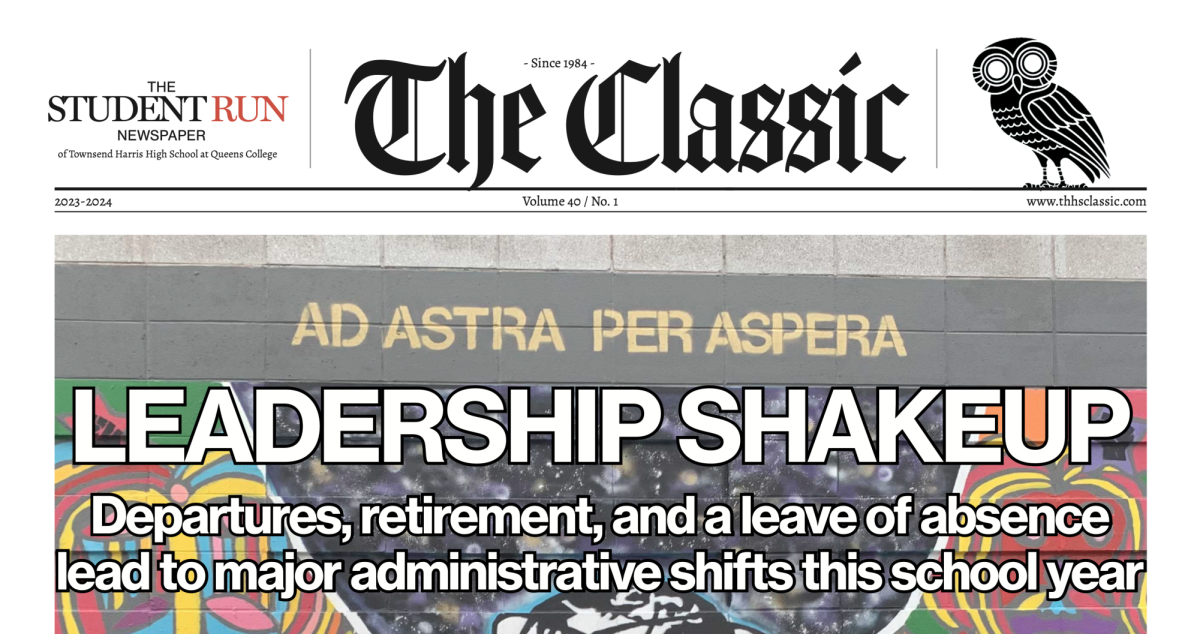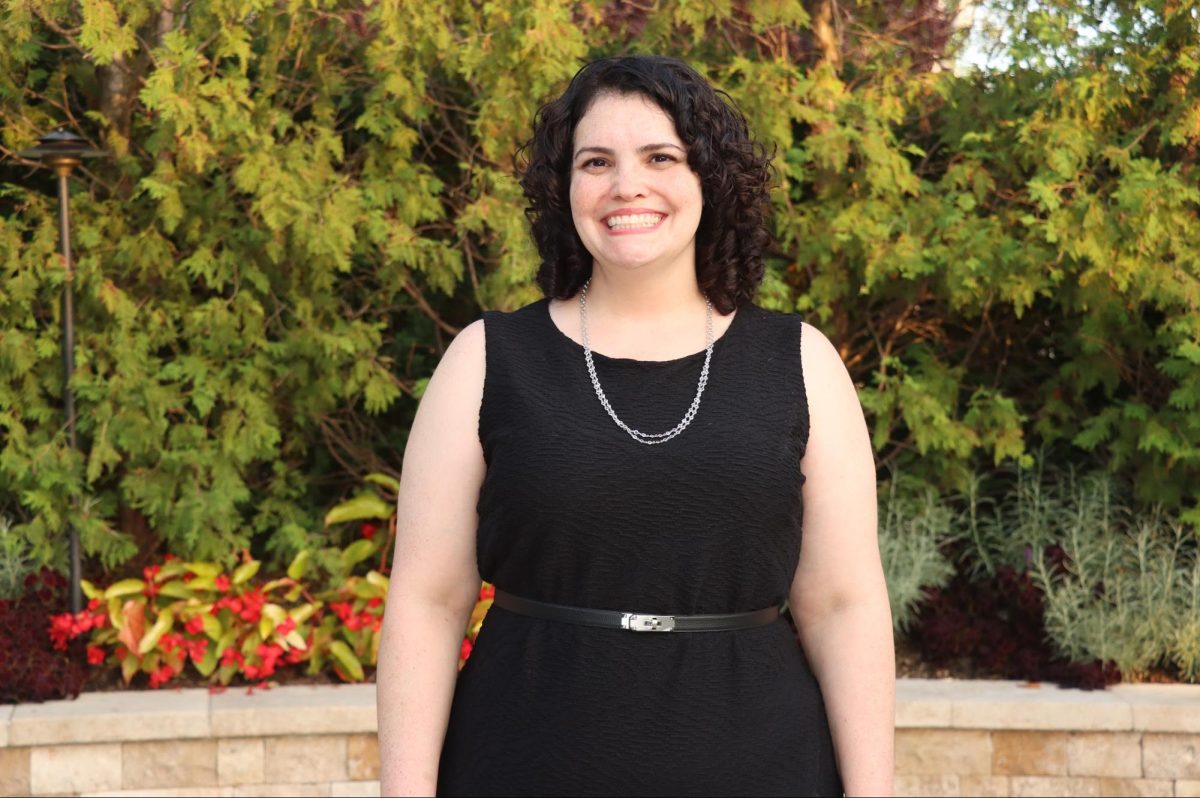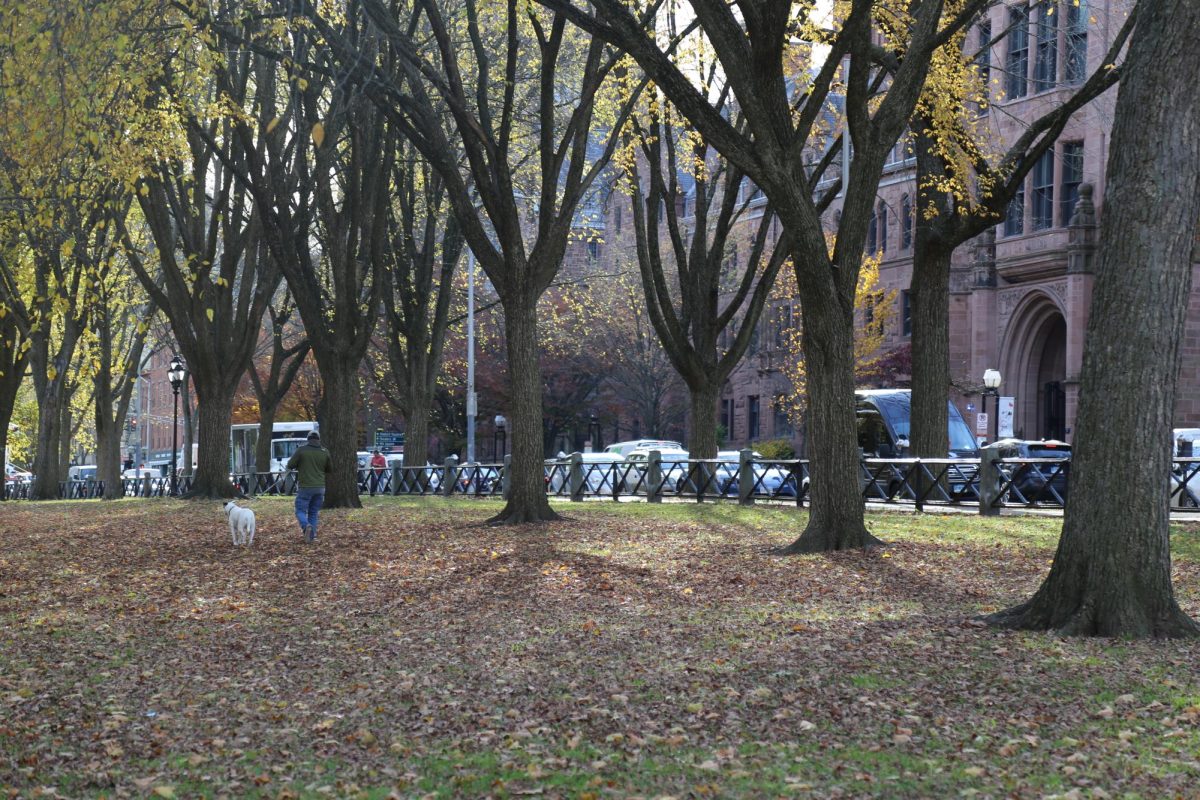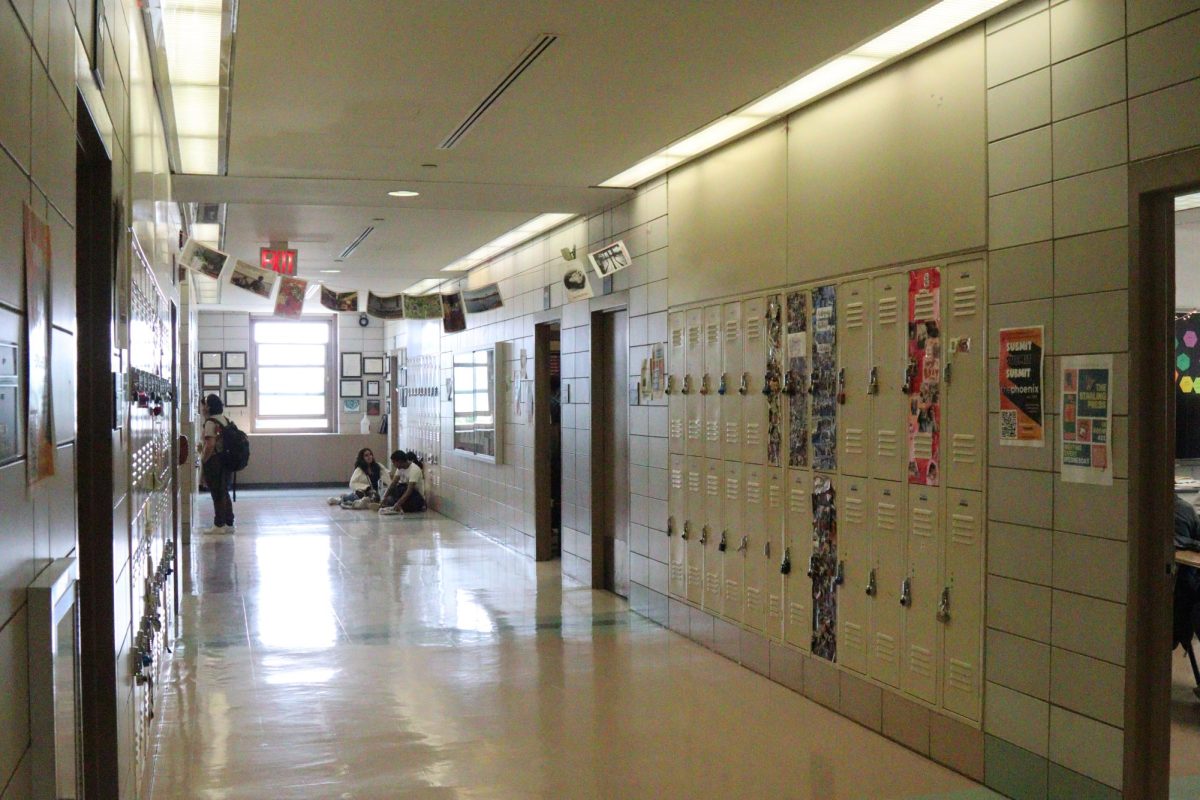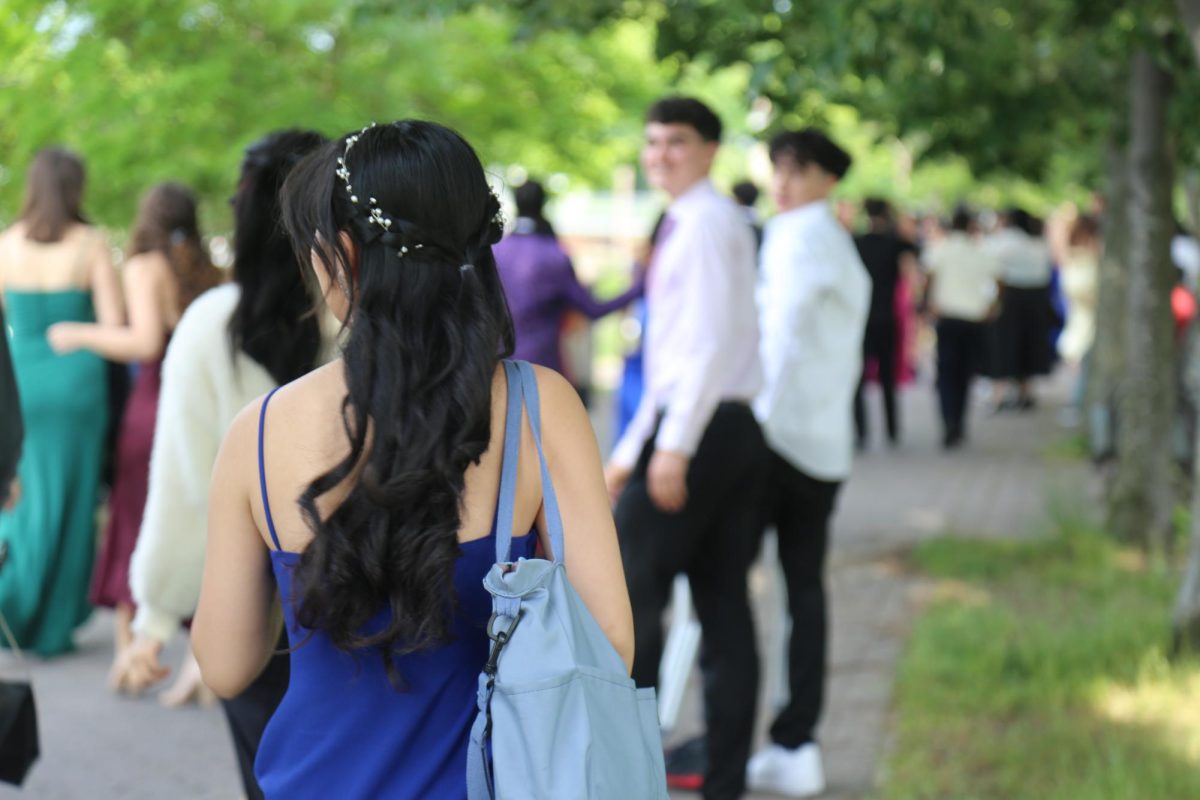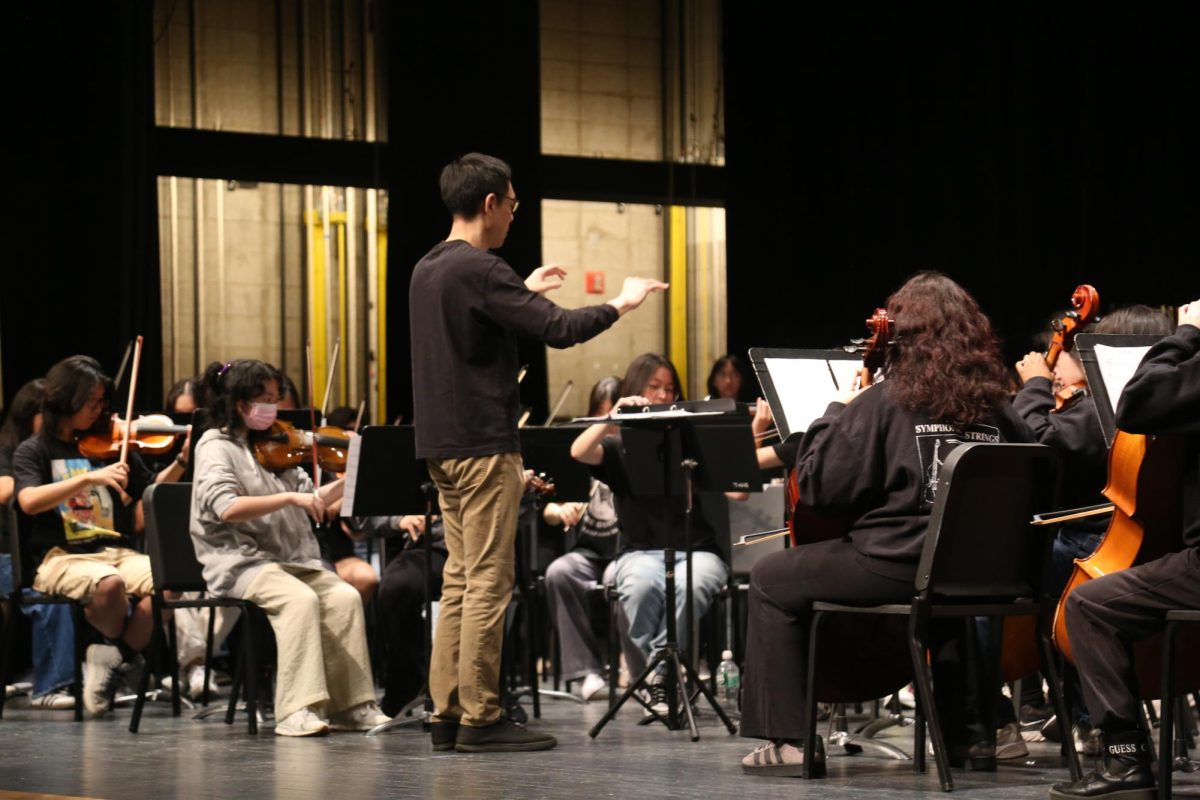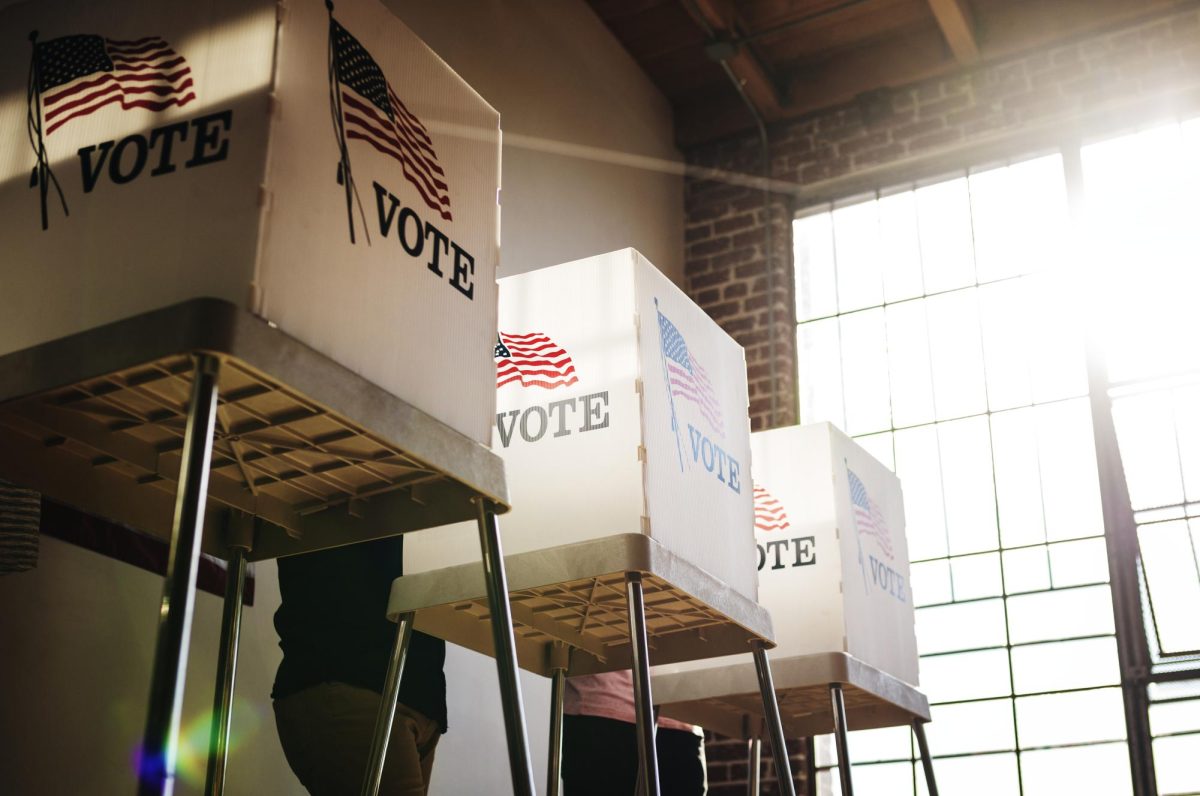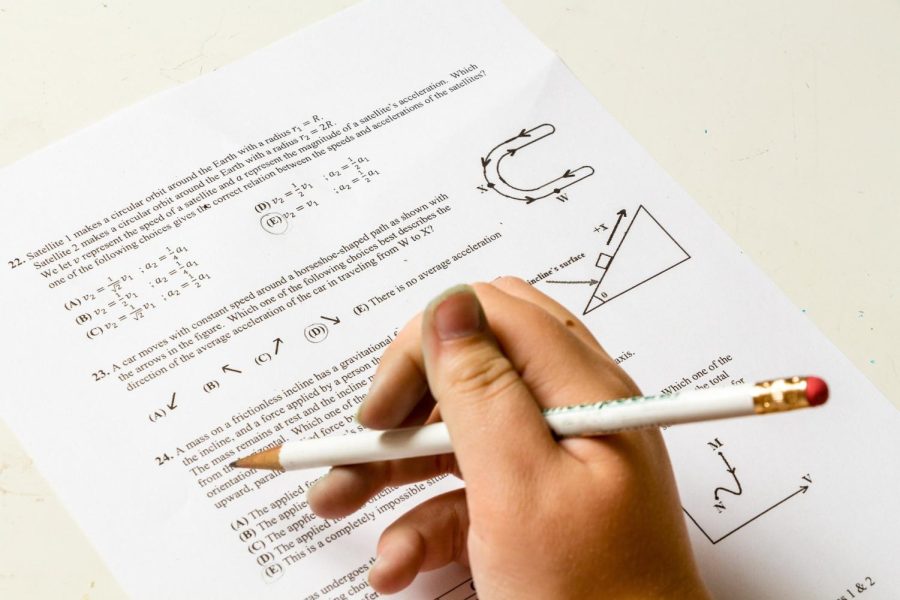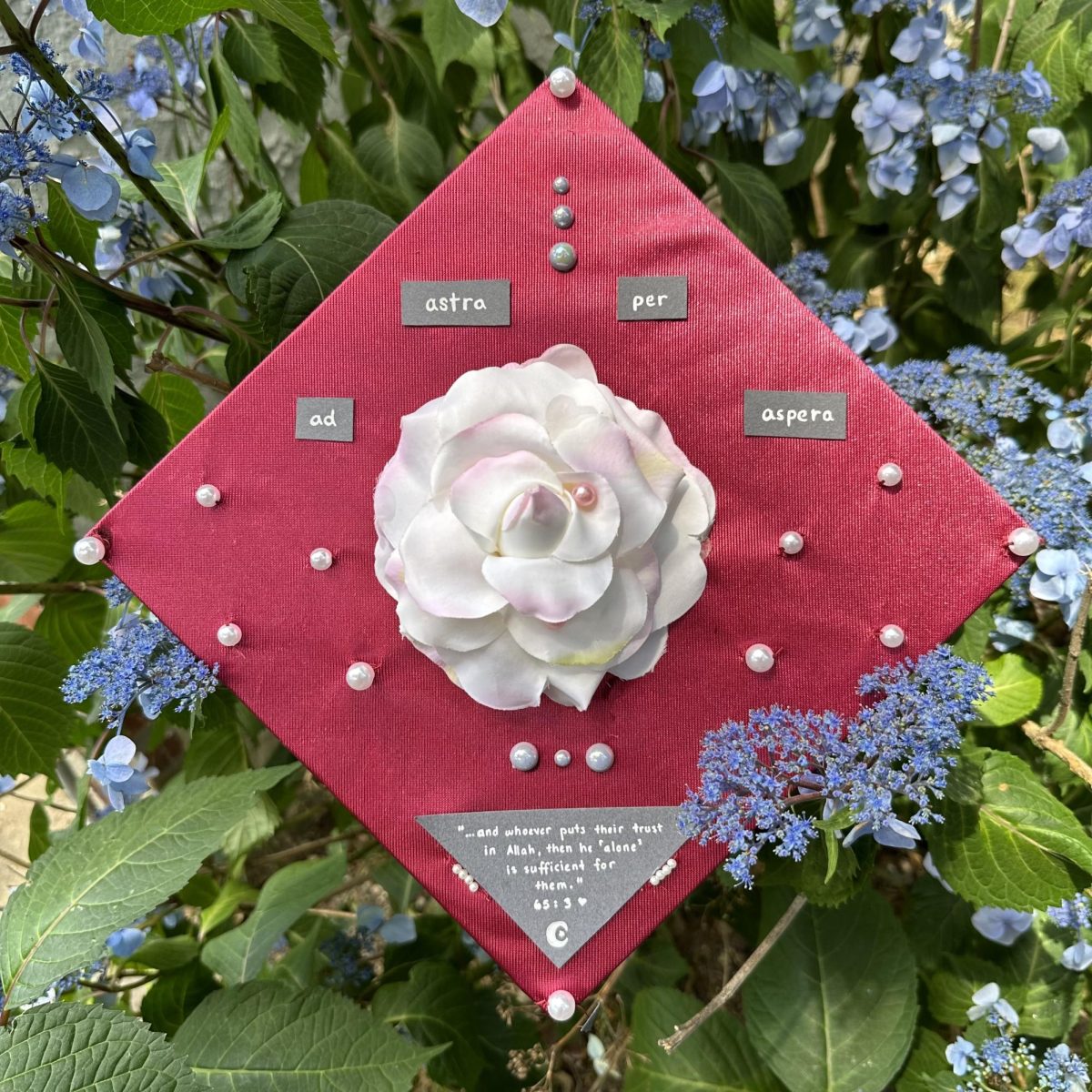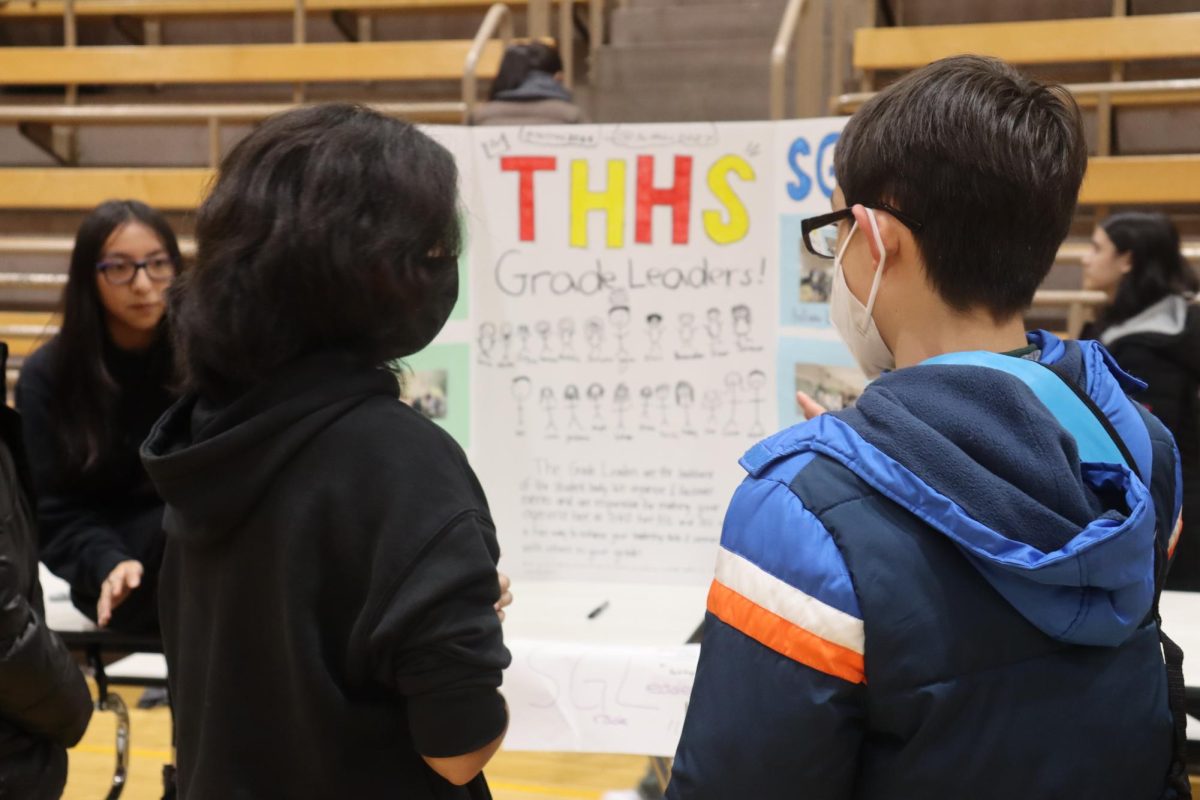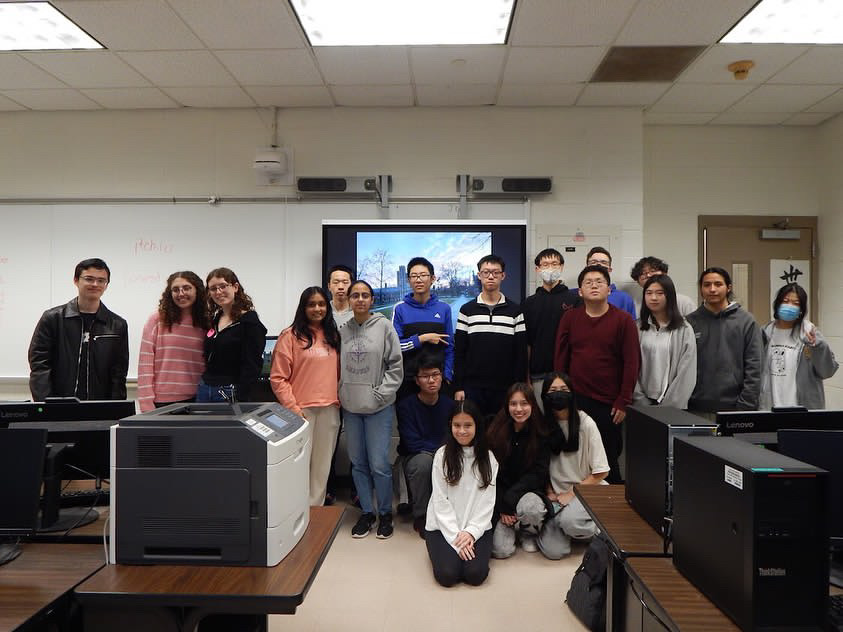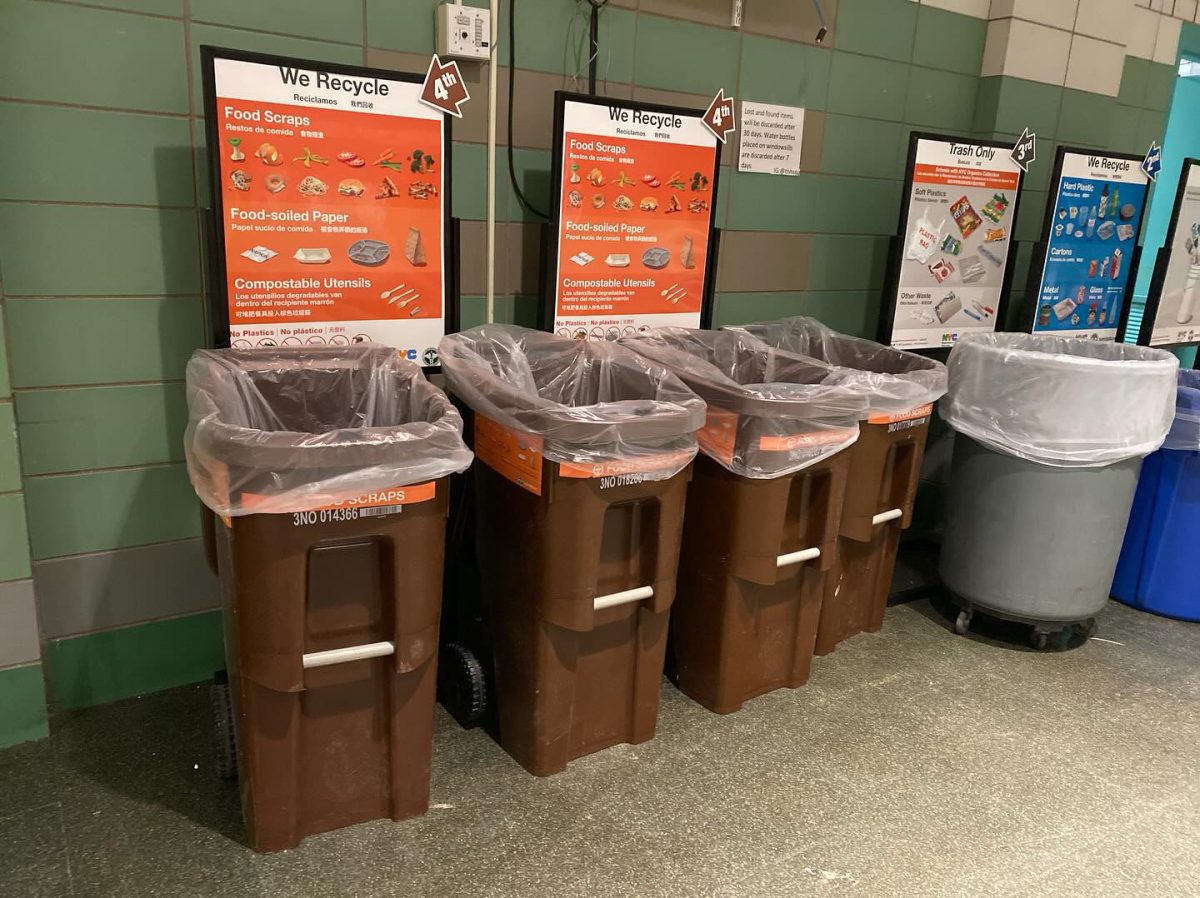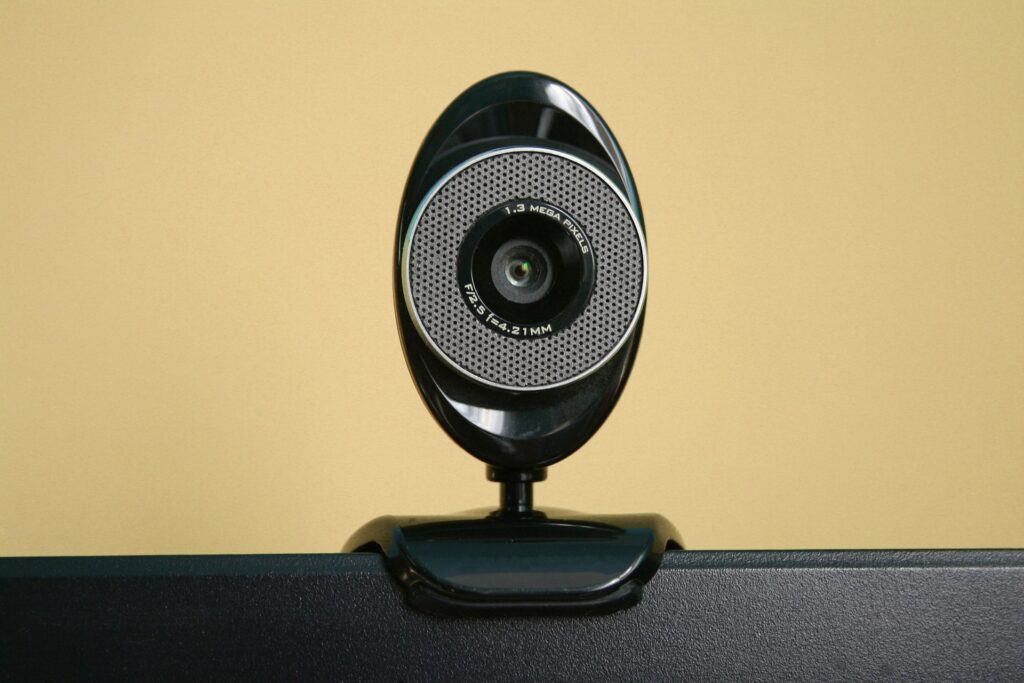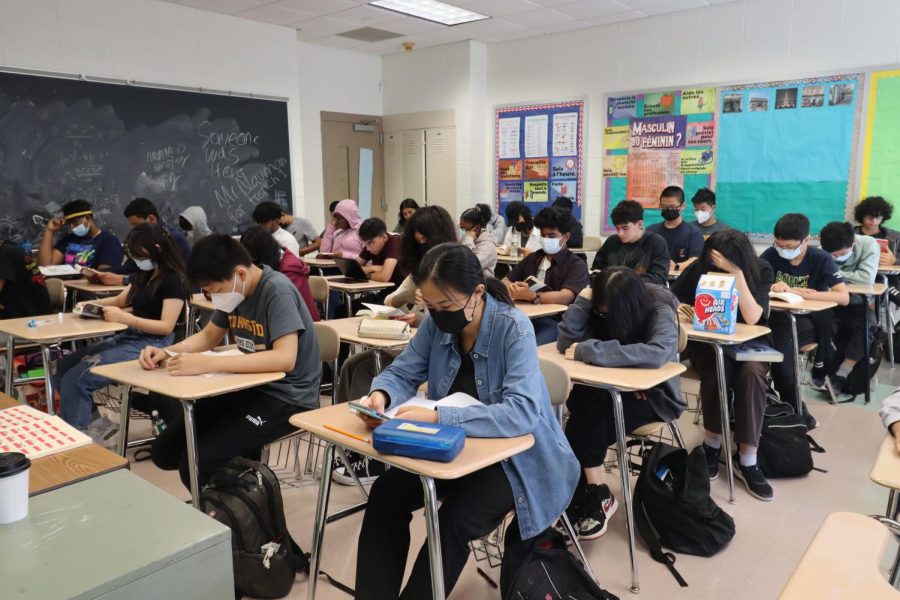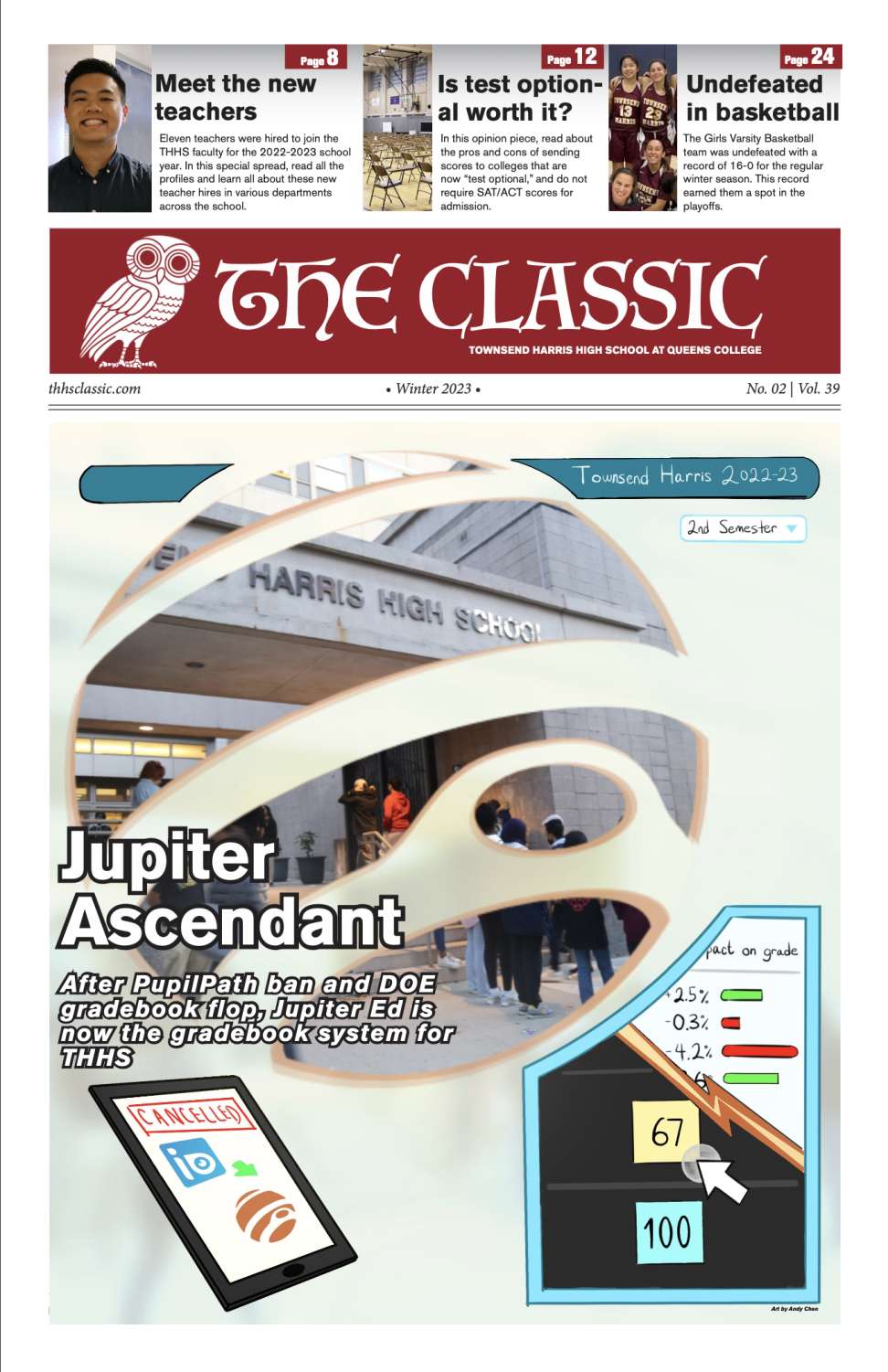
By Angeline Wu and Julia Chang, Staff Writers
Currently, Townsend Harris students remain at home, taking virtual classes. With the controversy of opening schools behind us and a new semester ahead of us, we must now focus on how to optimize online learning and make it the best possible experience for both teachers and students. Video conferencing has been an essential part of online learning from the very start, allowing students and teachers to connect. In many schools all over the world, students are mandated to have their cameras on during virtual classes. Though some claim it allows for better connections between peers and teachers, camera mandates can have the opposite effect.
In NYC schools, students are not mandated to turn on their cameras and participation grades cannot be tied to camera usage. However, despite these overall city guidelines, several Townsend Harris students reported feeling pressure from teachers to show their faces in class. In conversations with multiple students, we have heard of instances where teachers: call out the names of students that do not have their cameras on, ask for a “valid” reason from students who wish to turn cameras off, make remarks that put pressure on students whose cameras are off, or insinuate that grades may be impacted by cameras being off.
Overall, teachers at THHS are extremely respectful towards mental health; however, if there is a personal reason a student does not wish to disclose, teachers should be understanding of that student’s privacy.
There are a number of reasons why students might prefer to avoid being on camera.
Studies have found that video conferencing can be mentally and emotionally draining. The exhaustion caused by continuous video conferencing was dubbed “zoom fatigue” in an article by the National Geographic. A function of the brain called central vision is interfered with when a student views a gallery of faces during a call. The confused brain cannot meaningfully focus on any of the participants, particularly the speaker. For students with sensory issues, the constant display of faces can be especially stressful.
Moreover, not all students have access to a clean or safe environment to participate in online classes. Especially during a global pandemic, many students understandably do not want to display their home circumstances for all their peers to see. Students should not feel guilty for wanting to keep their domestic lives private. Directly or indirectly, teachers are reinforcing this.
Additionally, many students may be insecure about their appearance, and being on-camera worsens this. This can be detrimental to students’ self-confidence and affect their mental health, in turn driving down their ability to learn and focus. Being constantly anxious and self-aware arguably deters students’ focus instead of fostering it as intended. As an organization in charge of the well-being of teenagers, THHS must look towards prioritizing students’ mental health.
This is not to say that students should always keep their cameras off and teachers should avoid addressing the topic. Teachers can find appropriate and safe ways to encourage students to turn cameras on at times. Having cameras on can help teachers gain a better understanding of how students feel on the subject, combat the social isolation that they all have been facing during quarantine, and facilitate better peer connections. There are also forms of body language that are shown on-screen that can give teachers a sense of whether the class understands the topic that is being discussed. The lack of connection from black screens renders teachers unable to effectively assess how well a class understands a topic.
However, students should not have to give a “valid” reason to keep their cameras off. They should not feel as if they have no choice, and they should not be made to feel guilty if they choose to keep their cameras off. Every class must equally communicate that having a camera on is purely a matter of choice. No student should feel as though they must subject themselves to the judgement of others.


